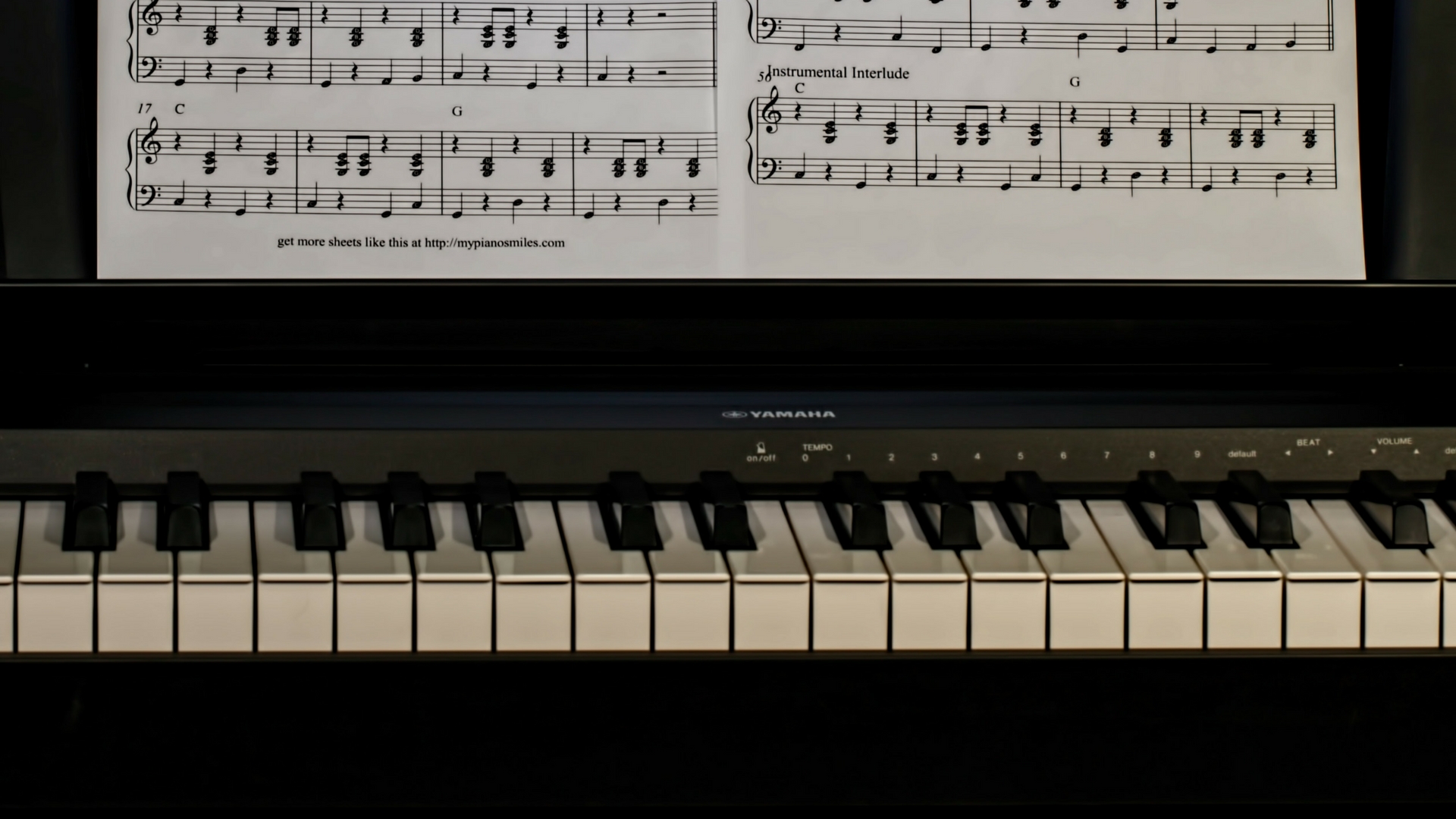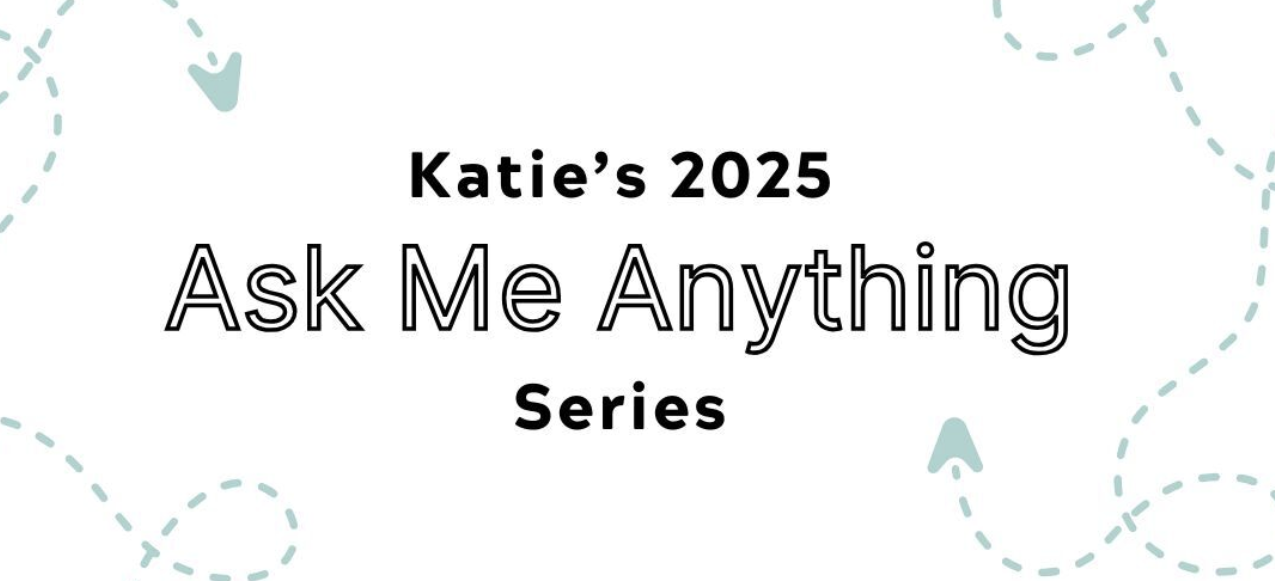An interview I had with the Teaching in Higher Ed podcast went live this week and it was kind of weird. Not the interview itself — I was happy with that — but just the way it felt to have it be out there. You know, with people listening to it. It was like I was standing on a platform saying, “Look at me! I’m an expert in this topic!” (If that makes you curious about the interview, you can find it here.)
(Aside: I completely realize that since I currently host two podcasts that post weekly, describing this podcast interview as weird may sound strange. All I can say is it feels different when you’re not the host — as the person being interviewed you’re not entirely in control of the final product like you are when you record, edit, and produce your own shows. Also, with my podcasts, I feel like I can balance out what I know with talking about how much I don’t.)
In the episode, I talk about blended course design, the topic of my book that’s coming out in November. As I listened to see how our original conversation had been edited (the podcaster-in-training part of me is always interested to see how others do it), I started thinking about what it means to write books and talk about them. And that got me thinking about when I feel like I can call myself an expert on a particular topic.
Despite appearing pretty confident about most things, in my brain of brains — like my heart of hearts, but more intellectual — I hesitate to claim expertise in almost anything. I think that’s why I like to think of myself as a professional learner. In lots of situations, I’ve found that the more I learn, the more I realize what I don’t know. When I finished my PhD, for example, all I really wanted to do was go back to school for a series of MA degrees in a bunch of other subjects that I touched on in my dissertation. As I created that manuscript and shaped my arguments, I realized how much I didn’t know about a lot of things.
At the same time, to be fair, since I earned my PhD in early 2011 I’ve written a couple of books and a bunch of articles and I now direct a research unit, so I must be able to claim expertise in some things. Or at least other people have recognized me as having enough knowledge to let me share what (I think) I know with other people. (Do I sound conflicted about my own expertise? Good. I’m glad that’s coming across.)
After thinking about it, here are some of the ways that I identify my own expertise:
1. I’ve looked at a topic from a range of angles, including discussing it with diverse stakeholders, and feel that I can see the complexities of it (even if I don’t understand them all)
2. I can talk about the topic with confidence, providing varied examples to audiences that may have different knowledge levels of the topic
3. I see multiple sides of the issue or topic and, even if advocating for one side or another, am able to state pros and cons and let other people come to their own conclusions
4. I’ve learned enough or gained enough experience with a particular issue or topic that I have definitive views on it
5. I’ve read everything I can find on a particular topic, synthesized that information, and practiced that synthesis more than a dozen times (as in facilitating a workshop or doing a keynote)
6. I’m open to changing my mind about something after much thought, reflection, input from colleagues, and experience
7. I feel committed to continually learning about that topic over a period of several years
8. The topic or issue seems expansive to me, but that’s not a scary thing
All of these things would describe how I feel about the topics of my first two books, so I guess I could add:
9. I write a book on the topic or issue
Given all of this, the thing that most makes me feel like I can claim expertise about something is that I never think that expertise is fully claimed. When you become an expert, it just means you are committing yourself to learning something for the long-term. There is no such thing as mastery, just the continual process of being committed to learning more about that thing. Kind of like yoga or meditation, where you’re constantly practicing, expertise demands a similar commitment.
Defining expertise as mastery embeds a rigidness in the concept that’s intimidating and a bit overwhelming to me. It’s a lot less pressure for me to think that expertise is never done. That there’s always a chance to learn more, to make mistakes, to grow, to change.
To think on:
- When do you feel like an expert and when do you question your own expertise?
- Do you think expertise looks the same for everyone? Why or why not?



